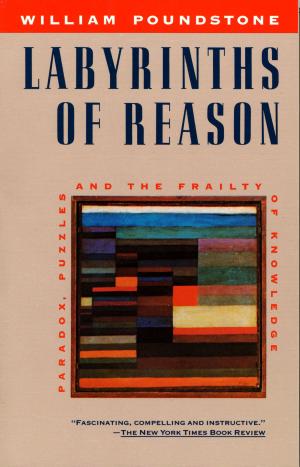OUR UNFINISHED BUSINESS
Nonfiction, Religion & Spirituality, Theology, Ethics, Christianity, Church, Church & State, Christian Life| Author: | Phillip Berryman | ISBN: | 9780307831644 |
| Publisher: | Knopf Doubleday Publishing Group | Publication: | February 20, 2013 |
| Imprint: | Pantheon | Language: | English |
| Author: | Phillip Berryman |
| ISBN: | 9780307831644 |
| Publisher: | Knopf Doubleday Publishing Group |
| Publication: | February 20, 2013 |
| Imprint: | Pantheon |
| Language: | English |
What human ends are served by our economic policies? To whom is what “owed” in our country today? Is there an acceptable argument for just wars – or for the proliferation of nuclear weapons? In the final years of the Reagan era, The U.S. Catholic bishops emerged as articulate sources of dissenting wisdom, publicly testing our foreign and domestic policies against the principles of morality and humanity. With the same succinct style of Liberation Theology, Phillip Berryman analyzes two recent and widely circulated texts: the 1982 Challenge of Peace (on nuclear arms) and the 1986 Economic Justice For All.
Drawing on debate in and beyond church circles over these letters, Berryman argues that as we search for acceptable answers to urgent political questions we must use ethical and moral traditions if we are to confront them squarely. Only then can we promote peace and prosperity for all.
What human ends are served by our economic policies? To whom is what “owed” in our country today? Is there an acceptable argument for just wars – or for the proliferation of nuclear weapons? In the final years of the Reagan era, The U.S. Catholic bishops emerged as articulate sources of dissenting wisdom, publicly testing our foreign and domestic policies against the principles of morality and humanity. With the same succinct style of Liberation Theology, Phillip Berryman analyzes two recent and widely circulated texts: the 1982 Challenge of Peace (on nuclear arms) and the 1986 Economic Justice For All.
Drawing on debate in and beyond church circles over these letters, Berryman argues that as we search for acceptable answers to urgent political questions we must use ethical and moral traditions if we are to confront them squarely. Only then can we promote peace and prosperity for all.















